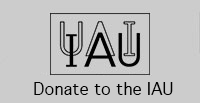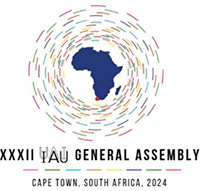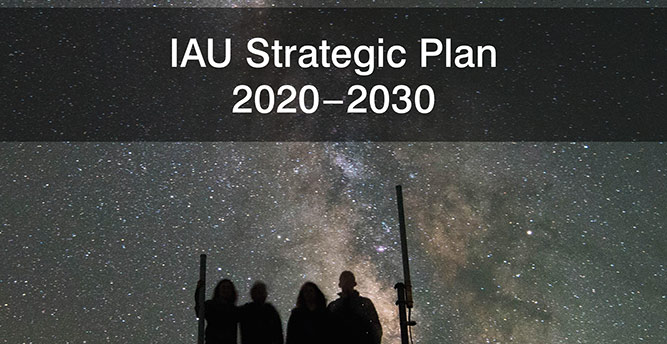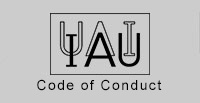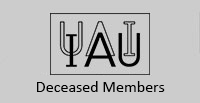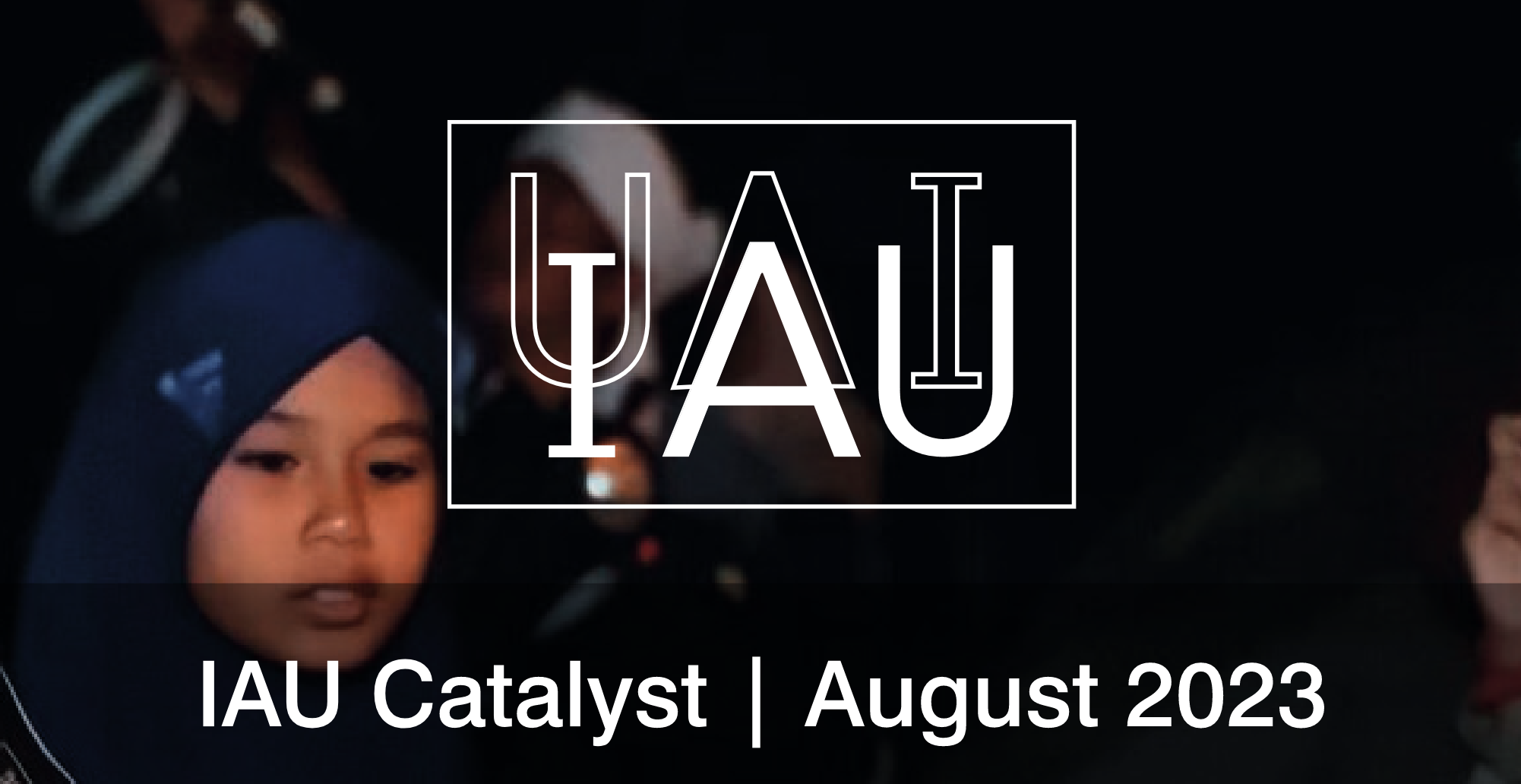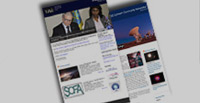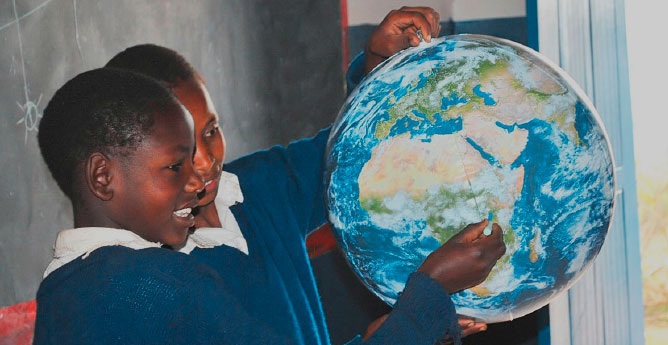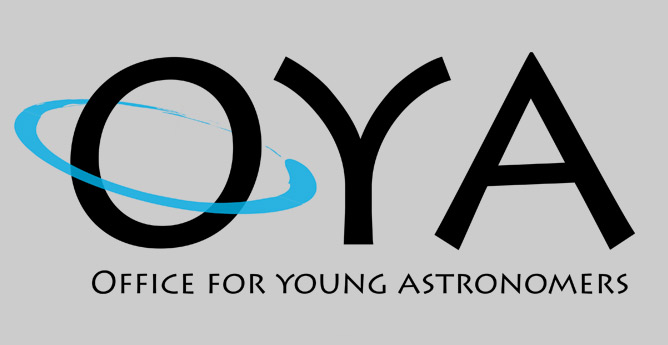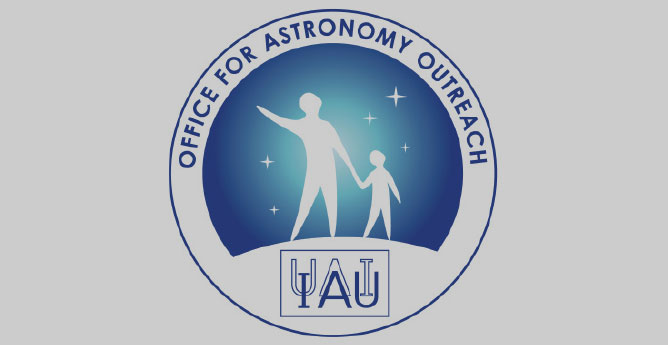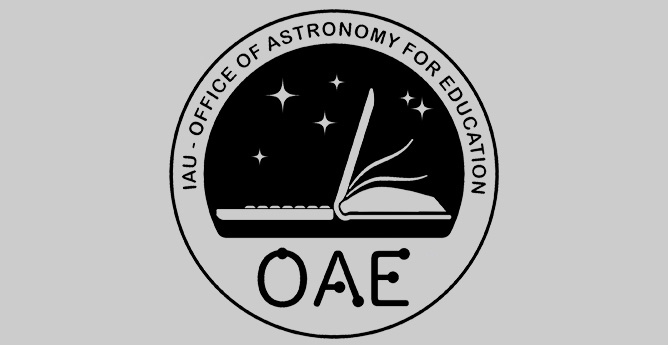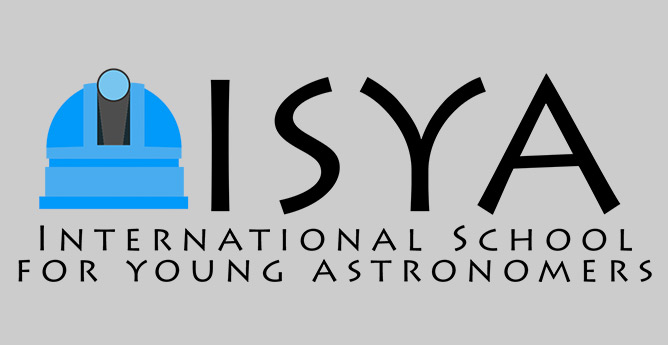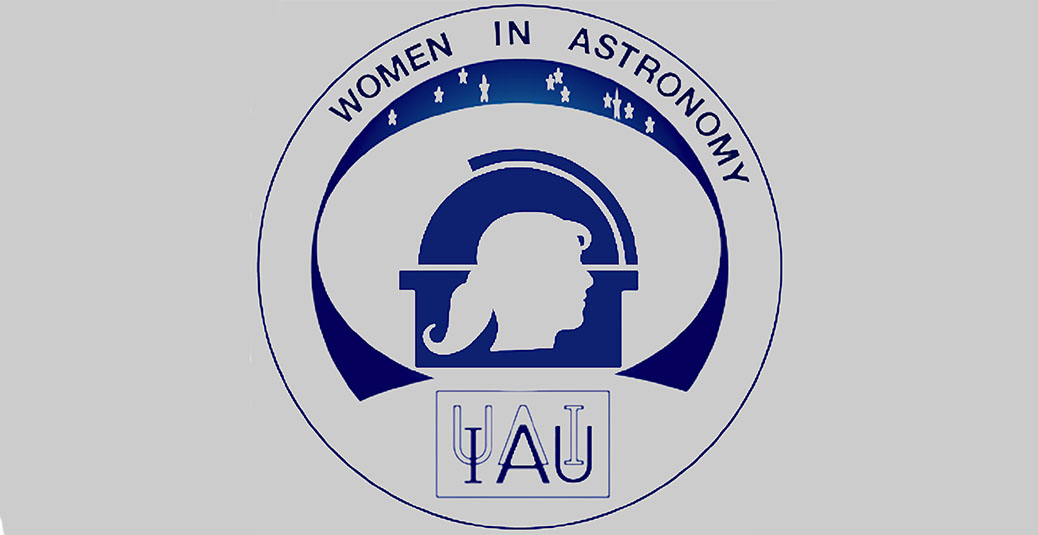- News
- Science
- Scientific Bodies
- Divisions
- Commissions
- Commission A1 Structure
- Commission A2 Structure
- Commission A3 Structure
- Commission A4 Structure
- Commission B1 Structure
- Commission B2 Structure
- Commission B3 Structure
- Commission B4 Structure
- Commission B5 Structure
- Commission B6 Structure
- Commission B7 Structure
- Commission C1 Structure
- Commission C2 Structure
- Commission C3 Structure
- Commission C4 Structure
- Commission D1 Structure
- Commission E1 Structure
- Commission E2 Structure
- Commission E3 Structure
- Commission E4 Structure
- Commission F1 Structure
- Commission F2 Structure
- Commission F3 Structure
- Commission F4 Structure
- Commission G1 Structure
- Commission G2 Structure
- Commission G3 Structure
- Commission G4 Structure
- Commission G5 Structure
- Commission H1 Structure
- Commission H2 Structure
- Commission H3 Structure
- Commission H4 Structure
- Commission J1 Structure
- Commission J2 Structure
- Commission J3 Structure
- Commission X1 Structure
- Commission X2 Structure
- Past Commission Organising Committees
- Working Groups
- Centres
- Scientific Meetings
- Rules & Guidelines
- General Assemblies
- Meeting Proposals
- Future IAU Meetings
- General Assemblies
- EC Meetings
- Officers' Meetings
- Regional Meetings
- Symposia
- Focus Meetings
- Institutional Meetings
- IAU Offices Meetings
- IAU-Sponsored Meetings
- Letters of Intent submitted for 2024
- Letters of Intent submitted for 2023
- Letters of Intent submitted for 2022
- Letters of Intent submitted for 2021
- Letters of Intent submitted for 2020
- Past IAU Meetings
- Templates
- Other Meetings
- Grants & Prizes
- Scientific Bodies
- Publications
- IAU Publications
- IAU Strategic Plan
- Symposia
- WGSBN Bulletins
- Regional Meetings
- Information Bulletins/Catalyst
- E-Newsletters
- Focus Meetings
- Transactions A
- Transactions B
- Related Publications
- GA Newspapers
- CAPjournal
- IAU Books
- Brochures
- IAU Offices
- WG Reports
- Commission Reports
- Division Reports
- Past IAU Publications
- Rules, Guidelines and Instructions for Proceedings
- Publishers
- IAU Publications
- Administration
- About the IAU
- Statutes & Rules
- IAU Policies
- IAU Executive Bodies
- IAU Secretariat
- Resolutions
- Members Administration
- Administrative Dates & Deadlines
- International Organisations Relations
- Donate to the IAU
- Training in Astronomy
- Astronomy for Education
- Astronomy for Development
- Astronomy for the Public
- Office for Astronomy Outreach
- FAQ
- Themes
- Satellite Constellations
- Astronomy in Everyday Life
- How to Report a Discovery
- Careers in Astronomy
- Defining our Place in the Cosmos
- The Constellations
- Light Pollution
- Measuring the Universe
- Near Earth Objects
- How to Participate in Astronomy Research
- Naming of Astronomical Objects
- Naming of Exoplanets
- Buying Star Names
- Naming Stars
- Pluto and the Solar System
- IAU Member Statistics
- Our Moon: the Moon
- Meteors & Meteorites: The IAU Definitions of Meteor Terms
- UNESCO-IAU Portal to the Heritage of Astronomy
- Social Media
- Past Events
- Call for Online Resources
- Astronomy@Home Awards
- Contact
IAU Outreach Newsletter
February 2014
In this newsletter:
- The International Year of Light 2015 (IYL 2015) is gaining momentum
- Global Astronomy Month coming soon (April 2014)
- The IAU Office of Astronomy for Development newsletter #4 available online
- astroEDU activities now available on different repositories
- IAU Office of Astronomy for Development funded projects & recommended projects for 2014
- Invest in the future of Astronomy education for the children of Tanzania!
- ERASMUS+ call for proposals (deadline 17 March 2014)
- Second “Dark Skies Rangers" contest (deadline 20 March 2014)
- New Horizons Message Initiative
- ESA selects planet-hunting PLATO mission
- Visions of the Universe and Astronomy Photographer of the Year exhibitions available for museum touring
- "Bajo un mismo cielo" (Under the same sky) documentary available with subtitles in eight languages
- "Khagol Rath: GalileoMobile in India" photo-book is now available!
- XVII National Conference of Astronomers of Serbia
- Interview with Frank Drake, founder of SETI, now on YouTube
- Upcoming events
Please send us your input to info@astro4dev.org for the next newsletter which we will aim to send out on Friday 28th of March 2014.
1) The International Year of Light 2015 (IYL 2015) is gaining momentum
On 20 December 2013, The United Nations (UN) General Assembly 68th Session proclaimed 2015 as the International Year of Light and Light-based Technologies (IYL 2015). For more information, please visit http://www.eps.org/?page=event_iyol.
2) Global Astronomy Month coming soon (April 2014)
The Global Astronomy Month (GAM), organized each April by Astronomers Without Borders (AWB, astronomerswithoutborders.org/), is the world's largest global celebration of astronomy. GAM 2014 will bring new ideas and new opportunities, again bringing enthusiasts together worldwide to celebrate Astronomers Without Borders' motto “One People, One Sky”. For the Program Schedule, please visit http://www.astronomerswithoutborders.org/gam2014-programs/program-schedule-2014.html.
3) The IAU Office of Astronomy for Development newsletter #4 available online
The fourth edition of the IAU-OAD Newsletter, containing news from the office covering the fourth quarter of 2013, can be found online at the following address: http://www.astro4dev.org/newsletters/. You can also find links there to previous and translated editions. Please feel free to contact info@astro4dev.org for any comments or suggestions. The OAD team looks forward to hearing from you on any thoughts you may have about the OAD. Enjoy reading!
4) astroEDU activities now available on different repositories
astroEDU (http://astroedu.iau.org/), a project of the IAU Office of Astronomy for Development, is a peer review platform for astronomy educational activities developed in partnership with UNAWE (http://www.unawe.org/) and LCOGT (http://lcogt.net/). It allows educators and astronomers to submit activities in a standard format which allows for efficient distribution and use by teachers around the world. Read more at http://www.astro4dev.org/blog/category/activities/astroedu/.
The activities from astroEDU, an open-access platform for peer-reviewed astronomy education activities, are now available on different repositories: TES Education (https://www.tes.com/member/astroedu), Open Education Resources (http://www.oercommons.org/browse/collection/astroedu), Scientix (http://scientix.eu/web/guest/projects) and Open Education Initiative (http://openeducationeuropa.eu/en/resource/astroedu).
5) IAU Office of Astronomy for Development funded projects & recommended projects for 2014
23 projects worldwide have been funded for implementation in 2014, following the IAU-OAD 2013 Call for Proposals. A description of each funded project is available at http://www.astro4dev.org/funded-projects-2014/. Due to the limited funding available only 10% of the number of proposals received could be funded. Recommended projects that could not be funded are placed onto a wish list which the OAD works towards raising funds for. A map of this wish list can be accessed at http://www.astro4dev.org/2014-wish-list-projects/. We now appeal to you for any advice you may have and assistance you may offer to any of these projects so that the OAD can find the additional resources necessary to make them happen.
6) Invest in the future of Astronomy education for the children of Tanzania!
Telescopes to Tanzania (TtoT), which the IAU-OAD is contributing towards, is a project under the aegis of Astronomers Without Borders (AWB, http://astronomerswithoutborders.org/). Since 2010, Universe Awareness (UNAWE, www.unawe.org) and TtoT have collaborated on bringing astronomy based science education to Tanzania. This collaboration has already produced many outcomes, among which providing teacher training, telescopes and other science equipment for schools, as well as hands on classroom experiences (more at http://www.astro4dev.org/blog/category/activities/telescopes-to-tanzania/).
In collaboration with UNAWE-Tanzania (unawetanzania.org/), TtoT is now looking for funds to establish a Centre for Science. This project is a recommended project of the IAU-OAD and has thus been placed on its wish list (www.astro4dev.org/2014-wish-list-projects/). In June 2014, individuals will gather in Usa River (near Arusha, Tanzania) to prepare a Space Science model for advancing the development of inquiry based science education in Tanzania based on the current national curriculum. The gathering will include District Education officers from the Ministry of Education, science teachers from public and private schools, scientists, and Astronomy educators. More at http://www.astro4dev.org/blog/2014/02/26/invest-in-tanzania/.
Donate now through AWB’s PayPal account at http://www.astronomerswithoutborders.org/projects/telescopes-to-tanzania.html or contact Chuck and Susan Ruehle at TtT@astrowb.org to volunteer your help.
7) ERASMUS+ call for proposals (deadline 17 March 2014)
During our training events teachers will be introduced to modern tools and methods for science teaching, using a student-centred approach. Some insights on the use of inquiry will be given, the use of remote and virtual labs, the integration of ICT in the curriculum, creation and participation in online communities, social media as a tool for education, etc. These training events are taking place in the framework of a training academy that Galileo Teacher Training Program (http://www.galileoteachers.org/) is developing to support teachers.
Several training courses are being planned: “Discover the COSMOS” (Greece, July 2014 - dates and place to be determined), “Astronomy@myPC: Digital science literacy at your fingertips” (Cascais, Portugal 1st to 5th September 2014, “Astronomy with hands-on data: Remote telescopes and real research experiences in school” (UK, Spring 2015 (dates and place to be determined). For teachers willing to participate in training events the process is now completely different. Schools will now have to fill in an application and within the framework of the application their teachers will be able to attend different training courses. If you wish to use this opportunity to prepare your school for future challenges contact us: we have a team devoted to help you with the application process and to welcome your teachers to our training events.
More information about ERASMUS+ can be found at http://ec.europa.eu/programmes/erasmus-plus/index_en.htm. Please note the deadline of 17 March 2014.
8) Second “Dark Skies Rangers" contest (deadline 20 March 2014)
The second consecutive Dark Skies Rangers contest kicks off to inspire and make awareness of the importance of the dark skies. Our planet, seen from the International Space Station, looks like a Christmas tree. This light, visible from space, is called “light pollution” caused by street illumination that project the light to all directions, diminishing greatly the darkness of the night sky. Light Pollution is a global problem that we have to fight for. It contributes to a major waste of both energy and money, influence the climate change, affects living beings, prevents people from enjoying the beauty of the sky and disturb astronomical observations.
In order to promote the project Dark Skies Rangers, the Dark Sky Alqueva Reserve, a night sky tourism destination certified by the Starlight Initiative, and NUCLIO – Núcleo Interactivo de Astronomia (Galileo Teacher Training Program) are organizing the Dark Skies Rangers Contest for students and teachers with the objectives to stimulate the interest for research related to light pollution, promote the production of projects related to light pollution, develop skills in the field of: eLearning, writing, photography, video and artistic expression, contribute to establish a community of informed citizens, that participate in the solution to issues like this and with critical thinking about science in our daily lives.
The contest is open to teachers and students between 6 to 18 from any country. Deadline is 20 March 2014. More info at: http://dsr.nuclio.pt/. Winners will get a week in the Alqueva Dark Sky Reserve (Portugal), a tablet and a smartphone: http://www.galileoteachers.org/save-our-sky-and-win/
9) New Horizons Message Initiative
From Conrad Steenkamp: The New Horizons Message Initiative hopes to persuade NASA to upload a crowd-sourced message to the memory of the New Horizons spacecraft, following a successful Pluto encounter in 2015. The form and content of the message are yet to be determined, but will probably consist of pictures and, possibly, sounds. For more information and to sign their petition to NASA, please visit http://www.newhorizonsmessage.com/.
10) ESA selects planet-hunting PLATO mission
From ESA: “A space-based observatory to search for planets orbiting alien stars has been selected today as ESA’s third medium-class science mission. It is planned for launch by 2024. The PLATO (Planetary Transits and Oscillations of stars) mission was selected by ESA’s Science Programme Committee for implementation as part of its Cosmic Vision 2015–25 Programme. The mission will address two key themes of Cosmic Vision: what are the conditions for planet formation and the emergence of life, and how does the Solar System work?”. Read more at http://www.esa.int/Our_Activities/Space_Science/ESA_selects_planet-hunting_PLATO_mission
11) Visions of the Universe and Astronomy Photographer of the Year exhibitions available for museum touring
From Dr Marek Kukula (Royal Observatory Greenwich): Two major astronomy exhibitions created at the Royal Observatory Greenwich are now available to tour to suitable museum and gallery venues around the world. Visions of the Universe is a highly-acclaimed exhibition of around 100 iconic astronomical images, curated by astronomers from the Royal Observatory Greenwich. The exhibition premiered in the 500-square-metre gallery of Royal Museums Greenwich from June to September 2013 where it attracted over 70,000 visitors and gained 5-star reviews from the UK media. Visions of the Universe tells the story of how we have captured images of the heavens over the centuries, from early hand-drawings and photographs to digital images taken by the Hubble Space Telescope and the very latest footage from the Mars Curiosity rover. The exhibition mixes history, art and science and includes images of stars, planets and galaxies gathered from NASA, the Russian and European space programmes, the European Southern Observatory and other major telescopes around the world.
Astronomy Photographer of the Year is the Royal Observatory’s annual competition to find the best astrophotography from around the world. Run in partnership with the BBC’s Sky At Night magazine the competition attracts hundreds of entries and each year the winning photographs are displayed in an exhibition in Greenwich and an accompanying book and planetarium show. More information about both exhibitions is available on the Royal Museums Greenwich website: http://www.rmg.co.uk/work-services/news-press/press-release/visions-universe-royal-museums-greenwich, http://www.rmg.co.uk/royal-observatory/insight-astronomy-photographer-year/exhibition, http://www.rmg.co.uk/work-services/what-we-do/international-touring-activities. If you would like to see these exhibitions on display in your city and know of a suitable museum or gallery which could host them, please contact the Royal Museums Greenwich exhibitions team at touring@rmg.co.uk.
12) "Bajo un mismo cielo" (Under the same sky) documentary available with subtitles in eight languages
The documentary movie “Bajo un mismo cielo” (Under the same sky, https://vimeo.com/86717420) is now available with subtitles in 8 languages: English, French, German, Greek, Italian, Portuguese (Brazil), Portuguese (Portugal) and Spanish. To display the subtitles, press the “CC” button on the Vimeo Player window and select your favourite language. Learn more about the GalileoMobile project: www.galileo-mobile.org
If you are missing your language on the subtitles and want to help us by translating them to your native language, please send us an email to contact@galileo-mobile.org.
13) "Khagol Rath: GalileoMobile in India" photo-book is now available!
"Khagol Rath: GalileoMobile in India” is a photo-book that tells the story of GalileoMobile’s expedition in India. You can access it at http://galileo-mobile.org/node/38. Between the 2nd and the 13th of July 2012, six team members and 15 local collaborators embarked on a journey to visit schools around Bangalore and Mysore. Together, we organised workshops for the teachers, and performed astronomical activities for primary and secondary students. This photo-book, full of photos, stories, impressions, and anecdotes from the travellers, will take you on a journey through a typical Khagol Rath day.
Please visit http://goo.gl/D3hIby to download the photo-book and http://issuu.com/galileomobile/docs/khagol_rath_galileomobile_in_india to read the flip book version!
14) XVII National Conference of Astronomers of Serbia
The conference (23 – 27 September 2014, Venue: Headquarter of University of Belgrade, Belgrade, Serbia) will examine research frontiers of astrophysics both locally and internationally and bring together professionals, students and amateurs. Confirmed keynote speakers include Tony Bell (UK), Jan Vondrak (Czech Republic), Maarten Baes (Belgium) and confirmed invited speakers are M. Faurobert (France), M. D. Filipovic (Australia), M. Guzzo (Italy), M. Bozic (Serbia), M. S. Dimitrijevic (Serbia), D. Ilic (Serbia), D. Jevemovic (Serbia), P. Jovanovic, T. Prodanovic (Serbia), S. Samurovic (Serbia), M. Cirkovic (Serbia), D. Urosevic (Serbia). You are now invited to submit an abstract for a contributed talk and/ or poster via the conference website.
For the full information on the scientific rationale, programme, proceeding, critical dates, and local arrangement, please visit http://poincare.matf.bg.ac.rs/~astroweb/nkas17/ or contact Andjelka Kovacevic (andjelka@matf.bg.ac.rs).
15) Interview with Frank Drake, founder of SETI, now on YouTube
As part of the celebration of the beginning of the 30th year of the SETI Institute, a 2012 interview with the "father of SETI science," astronomer Frank Drake, is now available on YouTube at: http://www.youtube.com/watch?v=HPQz-kdaxNo. The interview was conducted by SETI Institute Board Member and veteran astronomy educator Andrew Fraknoi at SETICon II in June 2012. The discussion ranges widely over Dr. Drake's career and current thinking, and includes reminiscences of Project OZMA (the very first experiment searching for signals from civilizations among the stars) and his current view of the Drake Equation (estimating the chances of intelligent life out there). He also reflects on a number of modern developments, including the discovery of numerous planets orbiting other stars and novel ways of searching for extra-terrestrial civilizations. The audience at this special event received a reprint of Frank Drake's personal history of the Drake Equation, published by the Astronomical Society of the Pacific.
Because of its historical importance, this article is now available freely on the web at: http://www.astrosociety.org/wp-content/uploads/2013/02/ab2010-46.pdf. More information about the current status of SETI can be found at the Institute’s web site: http://www.seti.org
a) UKSEDS National Student Space Conference 2014
Date: 1 – 2 March 2014
Location: University of Leicester, United Kingdom
More information: http://ukseds.org/nssc2014
b) Citizen Science in Astronomy
Date: 3 – 7 March 2014 (Pre-registration deadline: 1st December 2013)
Location: Institute of Astronomy & Astrophysics, Academia Sinica (ASIAA), Taipei, Taiwan
More information: http://events.asiaa.sinica.edu.tw/workshop/20140303/
c) SciFest Africa
Date: 12 – 18 March 2014
Location: Grahamstown, Eastern Cape, South Africa
More information: http://www.scifest.org.za/
d) XVII National Conference of Astronomers of Serbia
Date: 23 – 27 September 2014 (Registration deadline: 15 June 2014)
Location: Headquarter of University of Belgrade, Belgrade, Serbia
More information: http://poincare.matf.bg.ac.rs/~astroweb/nkas17/
For more events, please visit the IAU Outreach Events Calendar at: http://iau.org/public/events/
To register your own event, click here: https://www.iau.org/public/events/events-submission/
